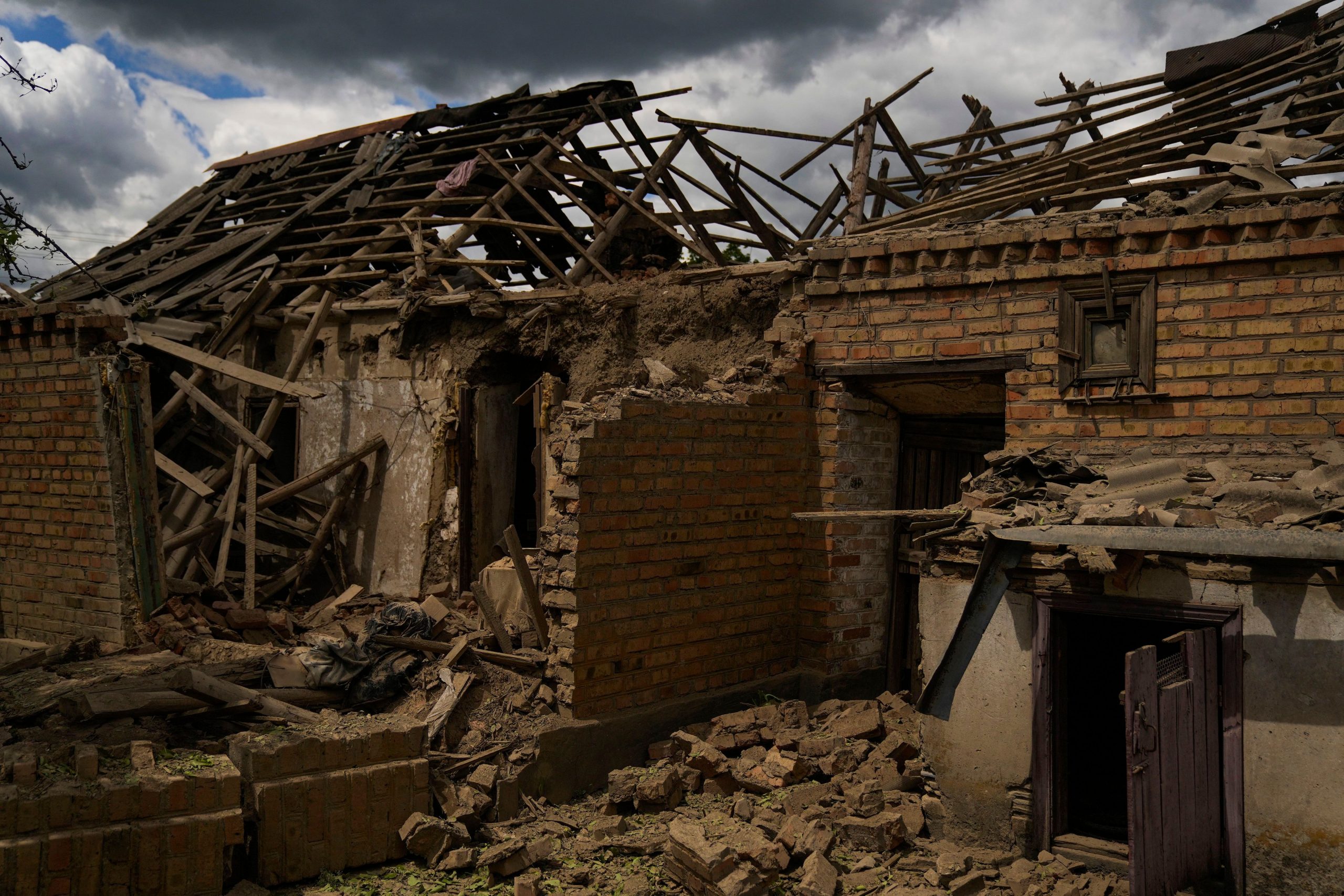European Union chief Charles Michel on Monday announced that EU leaders meeting in Brussels have agreed to send Ukraine nine billion euros to support its economy in the face of Russia’s invasion.
The European Council “will continue helping Ukraine with its immediate liquidity needs”, Michel tweeted as the summit continued, boasting of “Strong and concrete support to Ukraine.
Also read: EU agrees to partial ban on Russian oil as it looks to cut 90% of imports
Earlier, the EU leaders agreed to ban more than two-thirds of Russian oil imports in a compromise deal that accommodated Hungary’s objection to a total ban.
According to reports, the ban, part of a sixth package of sanctions on Russia by the EU, was passed during a meeting of leaders at Brussels.
Also read: India’s wheat export ban forces Ukraine to find new routes, defying Russia
Although a total ban on Russian oil imports had been proposed by the European Commission (EC) a month ago, it had been on hold due to opposition by a number of member states, including Hungary, Slovakia, Czech Republic, among others, that are dependent on Russian energy.
Given the opposition to a total ban, many had low expectations about a compromise being reached, but Monday’s watered down embargo on Russian oil suggests a renewed unity among EU member states.
Also read: Putin has ‘three years to live’, may go blind from cancer, says Russian spy
European Council chief Charles Michel, commenting on Monday’s decision, said that the embargo would cover “more than 2/3 of oil imports from Russia, cutting a huge source of financing for its war machine.”
Michel added that the new measures were part of an effort to put “maximum pressure on Russia to end the war.”
Also read: Abramovich completes Chelsea sale to Todd Boehly for a record $3.2 billion
The move to partially ban Russian oil, which accounts for 25% of the EU’s energy needs, was also hailed by von der Leyen as a first step towards cutting “90% of oil imports from Russia to the EU by the end of the year.”







